Choosing between a career in STEM (Science, Technology, Engineering, and Math) and the Humanities can feel like a major life decision. These fields are often seen as two distinct worlds, yet both offer unique advantages depending on your personal skills, passions, and career goals. So how do you decide which path to pursue?
This guide will help you evaluate the pros and cons of STEM and Humanities careers and how to align them with your strengths and interests.
Understanding STEM Careers
STEM fields are often seen as the backbone of innovation, technology, and modern infrastructure. From developing medical breakthroughs to designing the latest app, STEM careers are high-demand and typically offer competitive salaries.
Pros of a STEM Career:
- High Earning Potential: STEM jobs are known for their attractive salaries. Fields like engineering, data science, and software development often lead to high-paying positions right out of university.
- Job Stability: With technology rapidly advancing, the demand for professionals in STEM fields continues to grow. This translates to greater job security.
- Innovation and Impact: STEM professionals often find themselves at the cutting edge of research, technology, and development, offering opportunities to make tangible contributions to society.
- Diverse Career Options: STEM isn’t just about lab coats or coding. It encompasses a wide range of roles from environmental science to robotics, offering various career trajectories.
Cons of a STEM Career:
- Rigorous Academic Path: STEM degrees are often highly demanding, requiring a deep commitment to math, science, and technical courses.
- Less Flexibility in Skills Application: Many STEM roles require specific, technical knowledge. Shifting careers within STEM can sometimes mean returning to education or re-specializing.
- Fast-Paced Industry: Technology and scientific knowledge are always evolving. STEM professionals need to constantly update their skills to stay relevant.
Understanding Humanities Careers
The Humanities include fields like literature, history, philosophy, and the arts, focusing on understanding the human experience, culture, and communication. These careers are rooted in critical thinking, creativity, and empathy.
Pros of a Humanities Career:
- Critical Thinking and Problem-Solving: Humanities students develop strong analytical and communication skills, which are valuable across many industries.
- Flexibility and Creativity: Humanities careers can be highly flexible. The skills learned are applicable across various fields like education, media, law, and marketing.
- Human-Centered Work: Many Humanities careers involve working with people, whether it’s teaching, writing, or engaging in public service, offering a deep sense of personal fulfillment.
- Cross-Disciplinary Potential: Humanities graduates often have a broad skill set, allowing them to shift across industries like business, public relations, and even tech in roles that require communication and creativity.
Cons of a Humanities Career:
- Lower Starting Salaries: Humanities careers tend to offer lower salaries, especially at the entry level, compared to STEM careers.
- Competitive Job Market: Finding a job in certain Humanities fields can be more competitive, particularly in sectors like arts or publishing.
- Subjectivity in Success: Unlike STEM careers, where success can often be measured by data and tangible results, careers in Humanities may depend on personal networks, public reception, or subjective assessments.
How to Evaluate Your Skills and Interests
Now that we’ve examined the pros and cons, how do you decide which path fits you best?
Assess Your Strengths:
- Are you more comfortable working with numbers, solving technical problems, and diving deep into analytical thinking? STEM might be your forte.
- Do you excel in writing, creativity, communication, and interpreting human behavior? You could be naturally inclined toward the Humanities.
Consider Your Passion:
- Do you enjoy discovering new scientific concepts, experimenting, or working with technology? If the thrill of innovation excites you, STEM might be your calling.
- Are you drawn to understanding history, culture, and what makes people tick? If human stories and the arts inspire you, the Humanities could be the right fit.
Evaluate Your Career Goals:
- If job security, high salaries, and working on cutting-edge projects are important to you, STEM offers a clear advantage.
- If you prioritize personal fulfillment, flexible career paths, and creativity, a Humanities career might align better with your long-term vision.
Blurring the Lines: Is an Interdisciplinary Approach for You?
Not all career paths fit neatly into STEM or Humanities. Many emerging fields blend the best of both worlds. For example:
Digital Humanities: Combines technology with the study of human culture, offering roles in archiving, data visualization, and interactive storytelling.
UX Design: Fuses technology (STEM) with human-centered design (Humanities) to create seamless user experiences in tech products.
Medical Ethics: Bridges science and philosophy, addressing ethical dilemmas in healthcare and medical research.
If you find yourself interested in both, consider exploring interdisciplinary careers that integrate skills from both STEM and the Humanities.
Final Thoughts: Trust Your Instincts
At the end of the day, the right career path is the one that aligns with your strengths, passions, and goals. Both STEM and Humanities offer fulfilling careers—what matters most is that you choose a path that resonates with who you are.
If you’re unsure, take your time to explore both fields early in your education. And remember, the modern job market values interdisciplinary knowledge, so don’t be afraid to blend your interests and skills.
So, what will it be? STEM, Humanities—or perhaps a mix of both?

